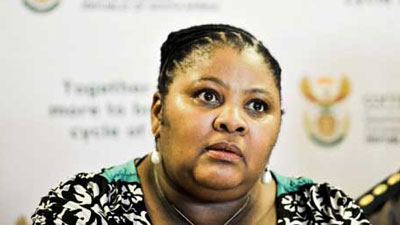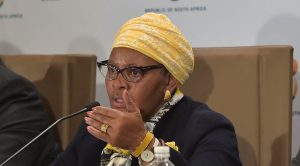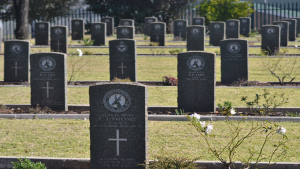The Eastern European nation of Serbia is still reeling from the effects of the North Atlantic Treaty Organisation’s ( NATO) bombings against this former Yugoslavia territory in 1999.
Ruined buildings bear testimony to the conflict. The effects of the US-led military aggression against then President Slobodan Milusevic remains vivid in the minds of many Serbians today.
He was accused of attacks against neighbouring Kosovo.
Milusevic died while standing trial at the International Court of Justice at the Hague.
“It was a dreadful war which was led by most powerful and influential state of the world against one small but sovereign state. We want to be sovereign and we want to be free and we will fight for it,” said Serbia’s Defence Minister Aleksandar Vulin.
NATO claimed that the Albanian population in Kosovo were being persecuted and that military action was needed to stop it.
“It reminds people also of the 2nd World War in some way, but also to the episode we had 18 years ago. It’s not easy for us dealing with history, as you know it’s a very hard and complex issue,” said Dr Misa Djurkovic of Serbian Institute For European Studies.
In 2009, Serbia officially applied for European Union membership, but it is yet to be accepted.
South Africa is among African countries supporting Serbia and a delegation from the Defence Ministry visited the country last week.
“We have a memorandum of understanding which we started negotiating some years ago and we believe that it is time for us to create a legal framework for cooperation in the area of defence,” said Defence Minister Nosiviwe Mapisa-Ngakula.
However, the two nations don’t have diplomatic relations.






